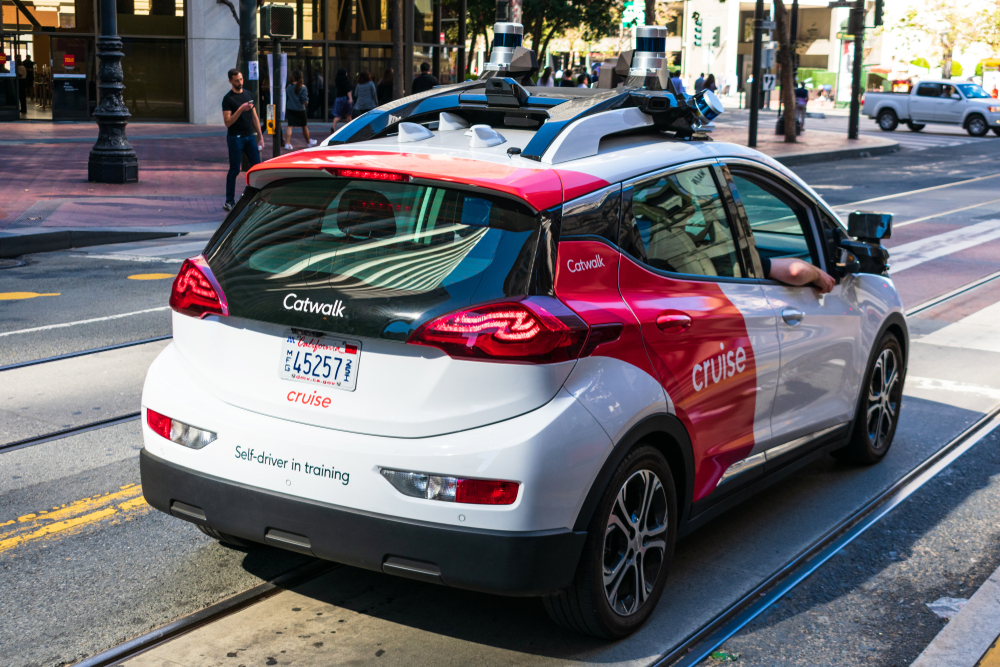
Microsoft is set to absorb an $800 million impairment charge following General Motors’ decision to shut down its self-driving subsidiary, Cruise. The announcement underscores the far-reaching consequences of GM’s move, which also affects the tech giant’s investments in autonomous vehicle technology.
According to a regulatory filing, the charge will impact Microsoft’s financials for the second quarter of 2024, reducing diluted earnings per share by about $0.09. This impairment wasn’t factored into Microsoft’s original Q2 guidance issued on October 30, 2024.
Microsoft’s involvement with Cruise dates back to January 2021, when it participated in a $2 billion funding round alongside GM and Honda. The investment valued Cruise at an impressive $30 billion and cemented a strategic partnership that would see the robotaxi service rely on Azure, Microsoft’s cloud computing platform.
However, GM’s costly attempt to make robotaxis a reality has hit a dead end. Since acquiring Cruise for $1 billion in 2016, GM has poured over $10 billion into the company. Despite ambitious plans to launch a fleet of autonomous taxis, ongoing challenges in safety, regulatory hurdles, and technological limitations have forced GM to scale back.
Instead of continuing to fund Cruise as an independent operation, GM announced it will absorb Cruise’s assets into its core business to focus on enhancing driver-assistance technologies and developing personal autonomous vehicles. This pivot marks a significant strategy shift, ending hopes of a dedicated robotaxi service in the near term.
The fallout extends beyond Microsoft. Honda, another minority investor, also announced it will halt funding for its joint venture with GM and Cruise in Japan. GM is now working on agreements to raise its stake in Cruise to over 97% by buying back shares from remaining minority investors.
This shakeup highlights the volatility and high-stakes nature of the autonomous driving industry. Even tech giants like Microsoft, with their deep pockets and advanced cloud infrastructure, are not immune to setbacks in the quest for self-driving vehicles.
For the full story, visit TechCrunch.




